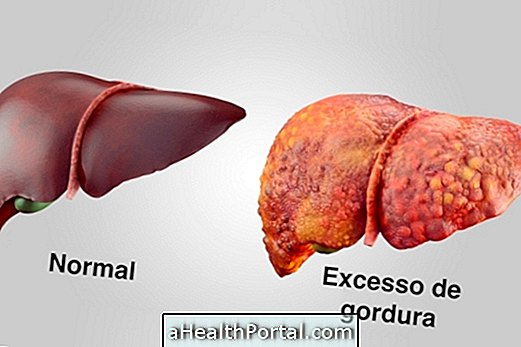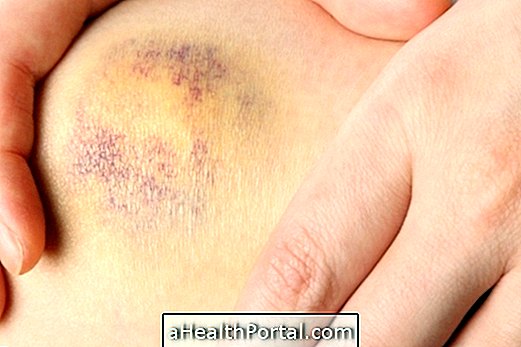The treatment for meningitis should be started as soon as possible after the onset of the first symptoms, such as difficulty moving the neck, constant fever above 38ºC or vomiting, for example.
The treatment for meningitis usually depends on the type of micro-organism that caused the disease and should therefore be started at the hospital with diagnostic tests such as a blood test to identify the type of meningitis and determine the most appropriate treatment.

Bacterial meningitis
Treatment for bacterial meningitis is always done at the hospital with antibiotic injection, such as Penicillin, to combat the bacteria that are causing the disease and prevent complications such as loss of vision or deafness. See other sequelae that meningitis may cause.
In addition, during hospitalization, which may take about 1 week, it may also be necessary to use other medications, such as Paracetamol or Ibuprofen, to reduce fever and relieve muscle aches, reducing patient discomfort.
In more severe cases where it is not possible to control the symptoms of the disease, the patient can stay longer in an intensive care unit to receive fluid in the vein and make oxygen.
Viral meningitis
Treatment for viral meningitis can be done at home as it is usually easier than treatment for bacterial meningitis. However, there is no remedy or antibiotic capable of eliminating the virus that is causing the disease and therefore it is important to control the symptoms.
Thus, during treatment it is recommended:
- Take medicine for fever, such as Paracetamol, as directed by your doctor;
- Rest, avoid leaving home to work or go to school;
- Drink at least 2 liters of water, tea or coconut water per day.
Generally, treatment for viral meningitis may take about 2 weeks, and during this time, it is advised to take medical evaluations once a week to evaluate the course of treatment.
Signs of amelioration of meningitis
Signs of improvement in meningitis occur about 3 days after the start of treatment and include decreased fever, relief of muscle pain, increased appetite, and reduced difficulty in moving the neck, for example.
Signs of worsening meningitis
Signs of worsening meningitis arise when treatment is not started quickly and include increased fever, confusion, apathy, and seizures. In case of worsening symptoms of meningitis it is recommended to go to the emergency room immediately to avoid endangering the patient's life.



-o-que--sintomas-transmisso-e-tratamento.jpg)


















